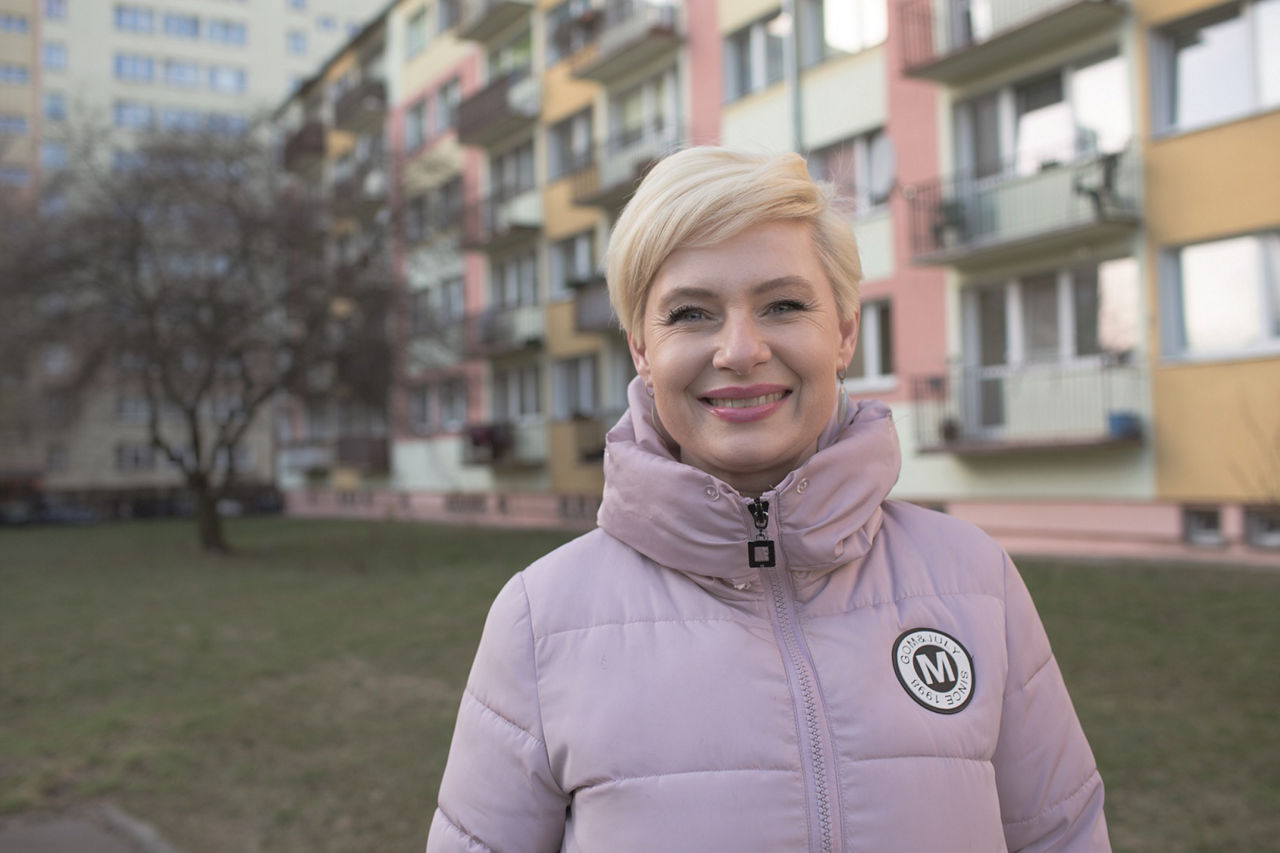World Cancer Day is a collective awareness effort to build understanding around the issues in cancer and mobilize support to address them appropriately. In fact, despite great leaps forward in terms of diagnosis and treatment, the disease remains one of the world’s greatest healthcare challenges. Among the lesser known issues many patients face in the fight against cancer, is malnutrition.

Cancer patients are likely to lose weight because they may eat less due to disease and treatment related factors such as stress, pain, taste changes or nausea. Paradoxically, the nutritional needs of the patient might increase due to metabolic changes brought on by the disease. Altogether, this can lead to cancer cachexia, a complex syndrome contributing to a loss in weight and muscle mass resulting in impaired physical function, lower tolerance to cancer treatment and reduced survival rates1.
Is weight loss really inevitable?
Far too often, losing weight is considered to be inevitable as patients are fighting the disease2, which means that its actual root causes are often overlooked. Knowing that disease-related malnutrition affects at least 1 out of 3 cancer patients3, we are committed to ensuring that as many patients as possible are screened for malnutrition and have access to supportive care interventions such as medical nutrition. Medical nutrition can help to manage malnutrition and thus its adverse effects on clinical outcomes.
Educate today for better care tomorrow
Through our Nutricia brand, we seek to establish medical nutrition as an integral part of cancer care and support healthcare professionals in ensuring optimal nutritional care their patients. Healthcare professionals who are treating cancer patients do not always consider screening for and intervening in nutritional issues.
Therefore, we believe education about the role of medical nutrition is essential to contribute to better patient outcomes. Nutricia partners with expert organizations across the globe to provide medical oncologists with educational tools that increase awareness of the relevance of nutritional status and medical nutrition in cancer care.
Recognizing that illness can change our experience of food
Nutrition can become a major concern to patients and especially the family members who care for them. Patients might no longer enjoy the foods and flavors they loved before due to taste alterations brought about by the disease and its treatment, while many carers worry when they witness a loss of appetite and weight in their loved ones who are fighting the disease4.
At Danone, we believe that the way people experience food has an impact on the food choices they make, ultimately impacting their health. We carry this belief into healthcare through Nutricia’s patient-centric approach to research and product development. Understanding patients’ experience of food allows us to better help them adhere with the medical nutrition they have been prescribed – only then will they derive its benefits.
[1] Fearon K, Strasser F, Anker SD, et al. Definition and classification of cancer cachexia: an international consensus. Lancet Oncol 2011;12:489–95
[2] Currow, D.C. and T.W. LeBlanc. It is time to rethink weight loss in cancer. Annals of Oncology, Volume 29, Issue 5, 1 May 2018, Pages 1090–1091
[3] Laviano A et al, Nutrition 1996; 12:358-71
[4] Rauh S, Antonuzzo A, Bossi P, et al. Nutrition in patients with cancer: a new area for medical oncologists? A practising oncologist’s interdisciplinary position paper. ESMO Open 2018;3:e000345. doi: 10.1136/esmoopen-2018-000345
